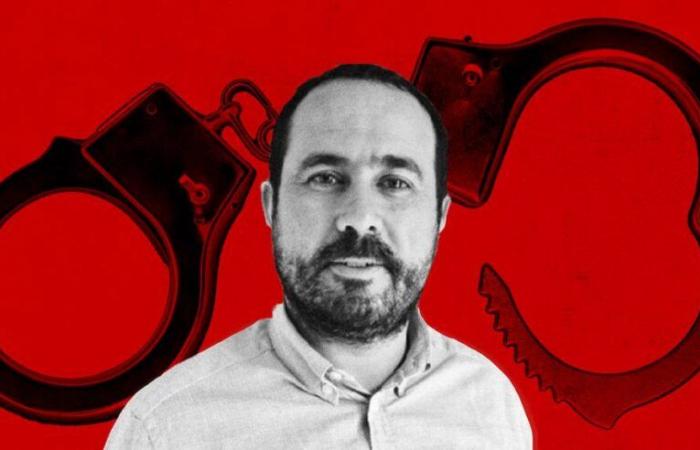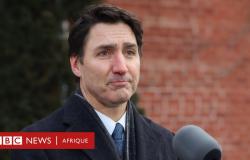Soulaiman Raissouni, released in July 2024 by royal pardon after being convicted of sexual assault in a trial deemed fair by several observers, persists in denigrating institutions and public figures, without ever supporting his remarks with concrete evidence.
In a letter addressed to The Independenta media outlet openly aligned with the positions of the Polisario Front, Raissouni reiterated his grievances against the Moroccan security services, suspecting them of being behind an alleged “smear campaign”. He claims, without foundation, that he is being monitored, being the victim of harassment and being threatened with a return to prison.
Fragile and inconsistent accusations
Raissouni attempts to link his personal case to international affairs, including the alleged use of Pegasus software and Qatargate. Yet none of these cases, which are based more on sensationalist claims than on verified facts. “Soulaiman Raissouni seeks to politicize his case”commented one of his former supporters who chose not to reveal himself. “These repeated accusations against public figures and sovereign institutions resemble an attempt at revenge rather than a quest for justice”he added.
Sentenced to five years in prison in 2021 for the sexual assault of a man in the context of reporting on the LGBT community, Raissouni has always dodged his trial under various pretexts. His release, hailed as a humanitarian gesture, did not slow down his attacks against the Kingdom, which have increased since his release.
An underworld network that produces reports
Soulaiman Raissouni benefited from a particularly well-established network of relationships, capable of diverting attention from the serious accusations brought against him. According to reliable sources, his associates, including foreigners, played a determining role in the writing and dissemination of reports designed to clear him. These documents, skillfully constructed, strive to minimize the charges against him while projecting the image of a man unfairly targeted. However, the overwhelming testimonies and evidence put forward by his victim leave little room for doubt as to the authenticity of the facts attributed to him.
Raissouni chose to address a media hostile to Morocco for the second time in a few months and this is not a coincidence. “By allying himself with hostile circles in Morocco, Raissouni is clearly seeking to engage in gratuitous provocation”we commented. Furthermore, sources close to the matter denounce his comments on Facebook as “defamatory attacks” intended to tarnish the reputation of Moroccan public figures and to discredit state bodies.






